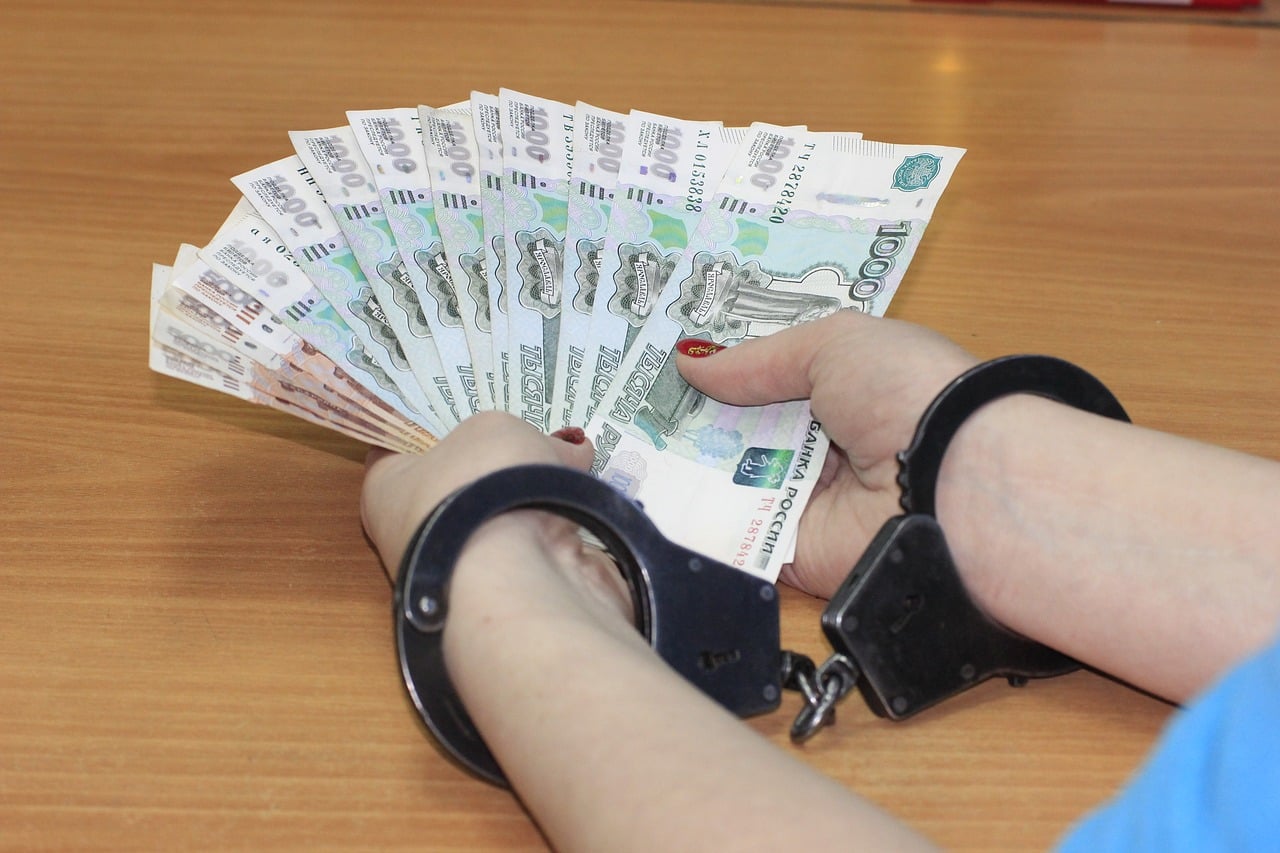Corruption is most prevalent in developing countries that don’t have a strong, strict, and transparent system in place to control it. No wonder countries like Somalia, South Sudan, Syria, North Korea, Yemen, and Afghanistan have consistently ranked among the world’s most corrupt countries. Transparency International has published its latest report ranking 180 countries and territories based on the Corruption Perception Index (CPI). Here we take a look at the least corrupt countries in the world.
These are the least corrupt countries
Transparency International has been ranking countries based on their corruption levels since 1995. The watchdog NGO describes corruption as “the misuse of public power for private benefit.” It’s when government officials demand a bribe or harass individuals and businesses for their private benefit.
Transparency International gives each country a score between 0 and 100 based on the perceived level of corruption. A score of 0 indicates a country is most corrupt while a score of 100 means least corrupt.
In the latest report, the United States received a score of 71, down from 75 in the previous year. The Berlin-based think tank said a four-point drop in the United States’ CPI score “is a red flag and comes at a time when the US is experiencing threats to its system of checks and balances. The country has also seen “an erosion of ethical norms at the highest levels of power.” The US is not alone. With just a few exceptions, most countries are struggling to curb corruption.
These are the top 10 least corrupt countries on the planet:
10- Luxembourg (81/100)
Luxembourg lost a point compared to 2017, but it remains one of the cleanest countries in the world. One of the world’s richest nations puts special emphasis on transparency and the implementation of anti-corruption laws. Luxembourg has a strong legal framework to fight corruption. Its culture of openness is also praiseworthy.
9- Canada (81/100)
Canada has consistently ranked among the world’s least corrupt countries for years. The Criminal Code of Canada prohibits bribery, influence peddling, abuse of office, corruption, and extortion. The Canadian courts are also allowed to prosecute individuals and business that commit corruption abroad. The country also criminalizes gift-giving and facilitation payments. Canadian citizens also enjoy exceptional healthcare facilities, educational system, and a high quality of life.
8- The Netherlands (82/100)
The Netherlands scored 82 points on the latest Corruption Perception Index (CPI), same as the previous year. The Dutch nation has managed to reduce corruption by establishing a transparent judiciary and effective anti-corruption programs. The Dutch Penal Code prohibits anyone in the private or public sector to give or take bribes. The Dutch judiciary holds companies liable if their employees working on their behalf indulge in corruption.
7- Norway (84/100)
Norway has a corruption score of 84. The country is known for a fair and trustworthy judiciary system, which is completely independent of the legislature and executive branches of the government. Anyone found guilty of receiving or giving bribes could face up to 10 years of imprisonment. The country’s Penal Code also criminalizes bribery, fraud, trading in influence, and money laundering.
6- Switzerland (85/100)
Switzerland has a transparent and direct democracy where citizens are allowed to participate and influence every decision of the government through proper referenda. Thanks to the stable democratic system, effective anti-corruption laws, and a strong legal framework, Switzerland is one of the cleanest countries in the world. It also happens to be one of the happiest and healthiest nations.
5- Sweden (85/100)
Sweden deserves a place among the world’s least corrupt nations. To encourage transparency and trust, the country allows anyone to request anyone else’s tax returns. The government itself is stable and transparent. Sweden offers an excellent healthcare system, education system, social equality, and a high quality of life. Despite all the attempts by the government to prevent corruption, the country has witnessed a handful of high-profile corruption cases in recent years.
4- Singapore (85/100)
Singapore has a highly transparent and efficient governance system. The public sector officials are paid well, which gives them little reason to take bribes. Their salaries are benchmarked against the private sector. The Prevention of Corruption Act (PCA) prohibits facilitation payments and gift-giving in public as well as private sector. People found guilty of corruption could be imprisoned for seven years. Singapore has a dedicated agency called the Corrupt Practices Investigation Bureau (CPIB) to investigate and prosecute people involved in corruption.
3- Finland (85/100)
Corruption is almost non-existent in Finland. The government has transparent and efficient controls and a strong legal framework to minimize corruption. Its culture of openness and the active involvement of citizens in public affairs management acts as a detriment against corruption.
2- New Zealand (87/100)
Just like many other countries on this list, New Zealand has a culture of openness and a commitment to corruption-free governance. The judiciary is independent of the legislature and executive branches of the government. The Secret Commissions Act and the Crimes Act prohibit bribery of any form in the public and private sector. People involved in corruption face up to 14 years in prison and heavy financial penalties.
1- Denmark (88/100)
Denmark remains the least corrupt country in the world. The country has strict laws against corruption that prohibit any form of bribery and other corruption practices. But even more important is the integrity that runs through the government system. Denmark has managed to become almost corruption-free because of a strong belief in integrity and social trust. Denmark has a high degree of media freedom, allowing the press to access information about public expenditure.
While these nations have worked hard to reduce corruption, countries with the highest corruption levels are doing little to control corruption. Transparency International said the continued failure of most countries to tackle corruption is “contributing to a crisis in democracy.”





